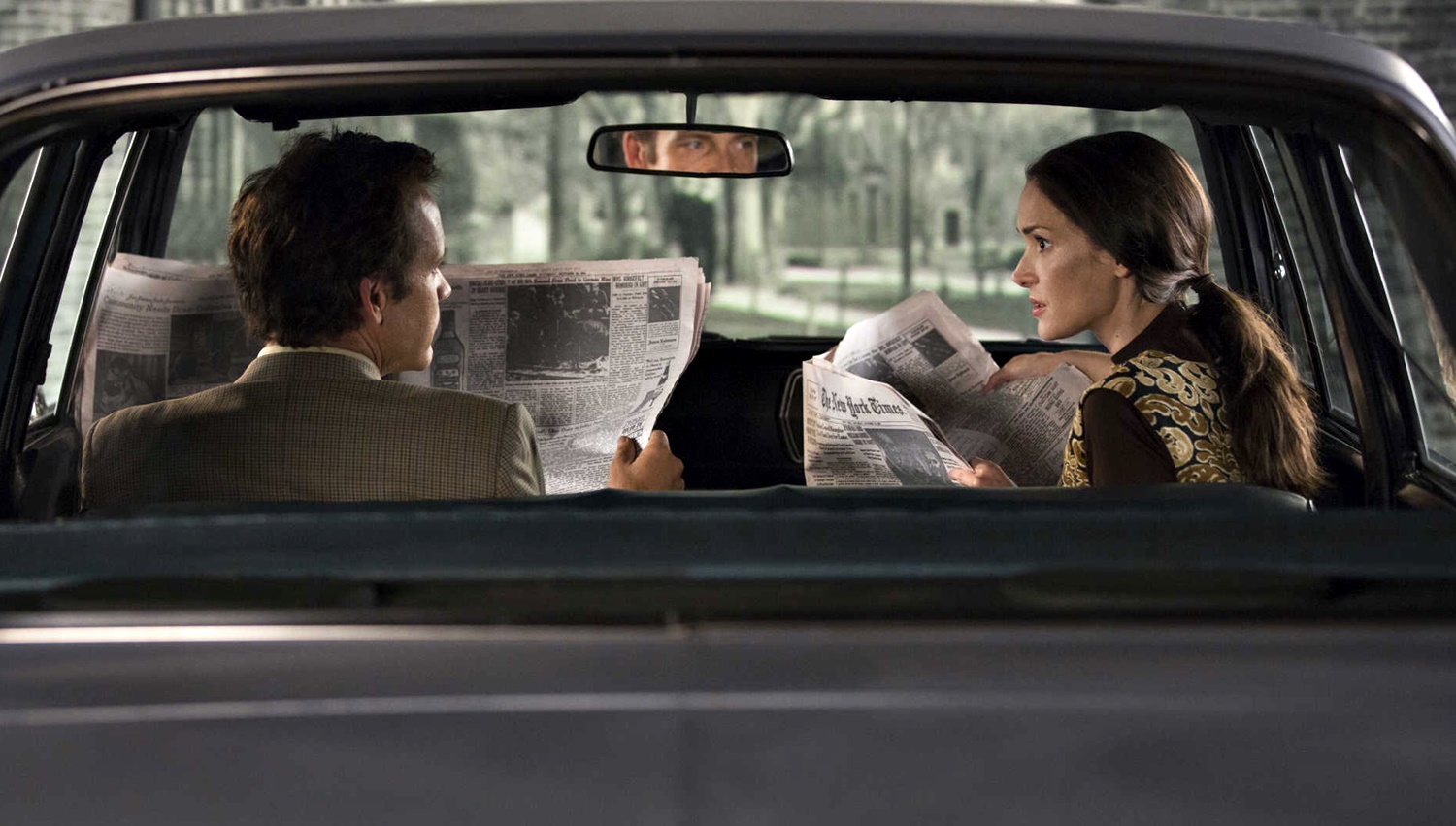
Experimenter
Dustin Chase
Despite giving me flashbacks of similar psychology experiment film Stanford Prison Experiment (and there is no room for two films like this in one year), Experimenter once again takes interesting subject matter, but does everything possible to distract the viewer. Sarsgaard talks directly to the camera throughout the film, an attribute that will always remove the viewer from the story. It’s even more annoying than usual here because of its intravenous use. Stanley Milgram did some great research in the 1960’s on social behavior, the information part of the film is fascinating and makes the viewer wonder what results could be produced out of modern tests.
Stanley Milgram (Sarsgaard) caused controversy in the 1960’s with his experiments that tested behavior of willing participants. Two people would enter a testing facility, one would ask another man in a room questions, and press a button to shock him if the answer was incorrect. Of course no one was actually being shocked, the experiment was to see how far the “teacher” would actually go in shocking someone. The conclusion was disturbing, even for Milgram, as nearly everyone continually shocked the “learner”. Milgram because well known, respected and continually controversial for his societal and compliance experiments as he worked at Yale and Harvard.
Experimenter feels like a documentary, adapted into a stage play, then filmed for our displeasure.
Sprinkled with cameo appearances, including Twilight star Kellan Lutz portraying William Shatner, Experimenter offers Sarsgaard a rare leading role. Yet its unfortunate writer/director Michael Almereyda, the same guy who delivered that awful version of Hamlet (2000), clogs everything up with unnecessary cinematic distractions. In one scene where Milgram and his wife (Ryder) are having a conversation in a car, the old school fake moving background is used, and honestly I couldn’t focus on their dialogue because I was so distracted. Experimenter feels like a documentary, adapted into a stage play, then filmed for our displeasure.
So much of the story focuses on Milgram’s obsession with human compliance, as he should be. However, a better film focusing on this subject is Compliance (2012), based on the true story involving a fast food restaurant manager and starring Ann Dowd. “You look under a rock and ugly things come out,” one character says to Milgram when he begins to self-doubt. A better director with a more reasonable approach to the subject matter, making it more accessible to mainstream audiences, could really have turned this into something unique and captivating. Sadly, it’s none of those things.
Final Thought
The entire film feels like a cinematic experiment that falls flat on its face.
